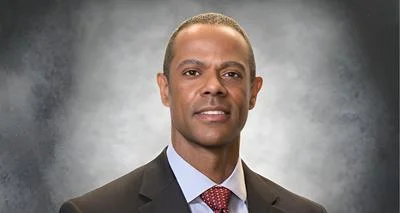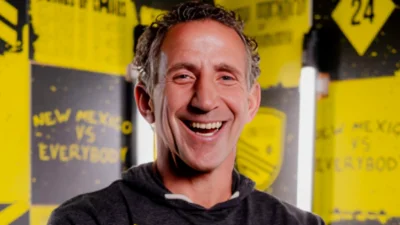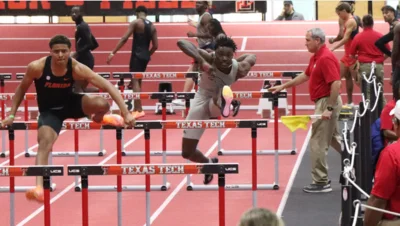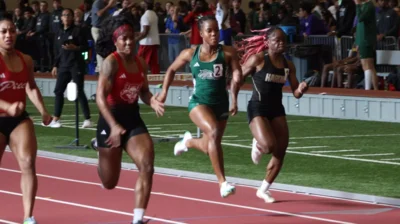Stop the Stadium hosted a free screening of a documentary called “Battle for Brooklyn” in the Albuquerque Center for Peace and Justice in Albuquerque, N.M., to raise awareness about gentrification in local neighborhoods.
The concern stems from a vote that decided on funding a multi-purpose sports stadium, to be home to the New Mexico United; voters rejected it.
“We’ve done our research; we know the type of damage that publicly-funded stadiums create,” Anna Lee Desaulniers, an organizer for Stop the Stadium, said to the Daily Lobo. “We know that stadiums are always placed in low-income areas and disproportionately affect Latinos, Chicanos and African American people.”
KRQUE reported this vote was a hot topic for the community.
“I think that we could be helping the citizens of Albuquerque,” Elizabeth Williams, an Albuquerque native, told KRQE. “We don’t need another stadium.”
Some residents, such as Lisa Padilla, president of the Barelas Neighborhood Association, supported the stadium.
“I think that (the stadium) has a lot of potential to become something that could improve the quality of life for people who live here, and hopefully without displacement,” Padilla told the Daily Lobo. “I mean, of course, there's going to be, probably, some gentrification, but we're trying our best to mitigate that as much as we can in a proactive way.”
Elizabeth Farrington, a member of Stop the Stadium, said her worry is about families that will be displaced if they bond passes and the stadium is built.
Jim Harvey, the executive director of Albuquerque Center for Peace and Justice, said the city should be more focused on helping to end the homeless, or at least mitigate it, considering that the center distributes food to more than 7,500 people every weekend. He adds that the documentary is personal to him.
Other efforts by Stop the Stadium have included voter outreach by going door-to-door to talk to people about the effects a new stadium may cause.








